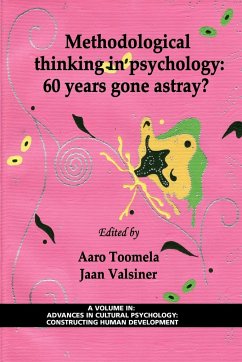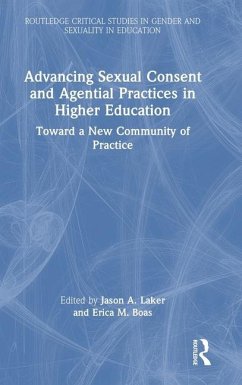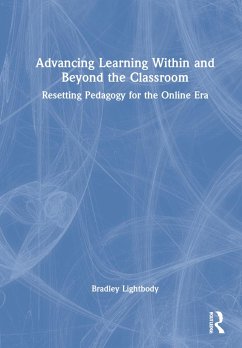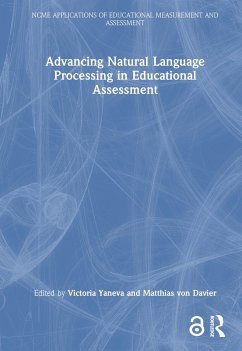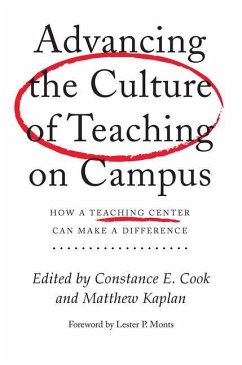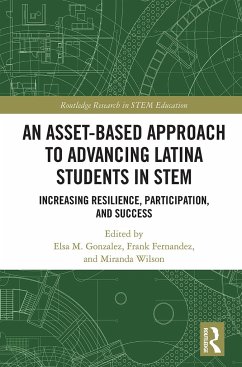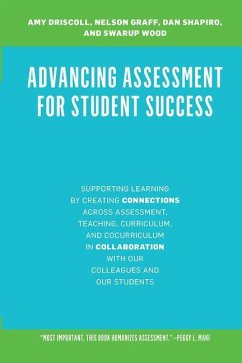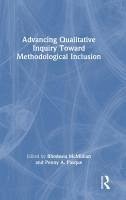
Gebundenes Buch
Advancing Qualitative Inquiry Toward Methodological Inclusion
Versandkostenfrei!
Versandfertig in 1-2 Wochen

PAYBACK Punkte
85 °P sammeln!




This fascinating book provides a groundbreaking resource for innovative approaches to qualitative inquiry that address equity and justice and equip readers with tools to enact these approaches in their own work.
Rhodesia McMillian, Ph.D. is an Assistant Professor of Education Policy at The Ohio State University, USA. Dr. McMillian is an interdisciplinary scholar whose research interests and journal publications examine how federal, state, and local education policies impact school governance and education policy and how educational disparities persist in K-12 public education. Penny A. Pasque (she/her) is Professor of Educational Studies in the Higher Education & Student Affairs program, coordinator of the Qualitative in Education certificate, and affiliate in Philosophy, History, & Policy program at The Ohio State University, USA. In addition, she is the Founding Director of the QualLab methodology center and Director of Qualitative Methods in the Office of Research, Innovation and Collaboration (ORIC), College of Education and Human Ecology.
Produktdetails
- Verlag: Routledge
- Seitenzahl: 232
- Erscheinungstermin: 30. Oktober 2024
- Englisch
- Abmessung: 240mm x 161mm x 17mm
- Gewicht: 517g
- ISBN-13: 9781032611471
- ISBN-10: 1032611472
- Artikelnr.: 70600741
Herstellerkennzeichnung
Libri GmbH
Europaallee 1
36244 Bad Hersfeld
gpsr@libri.de
Für dieses Produkt wurde noch keine Bewertung abgegeben. Wir würden uns sehr freuen, wenn du die erste Bewertung schreibst!
Eine Bewertung schreiben
Eine Bewertung schreiben
Andere Kunden interessierten sich für




